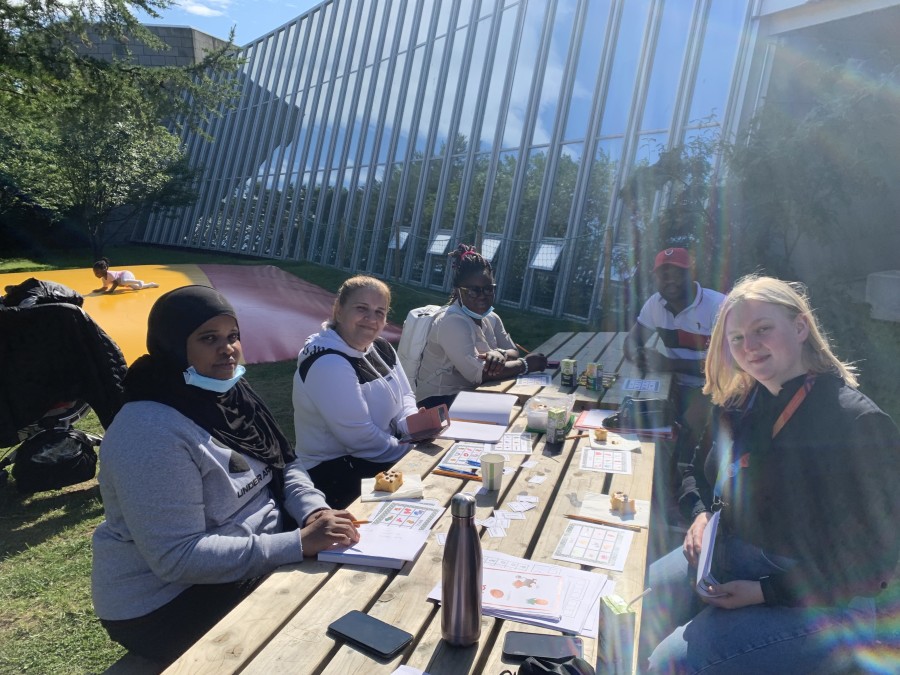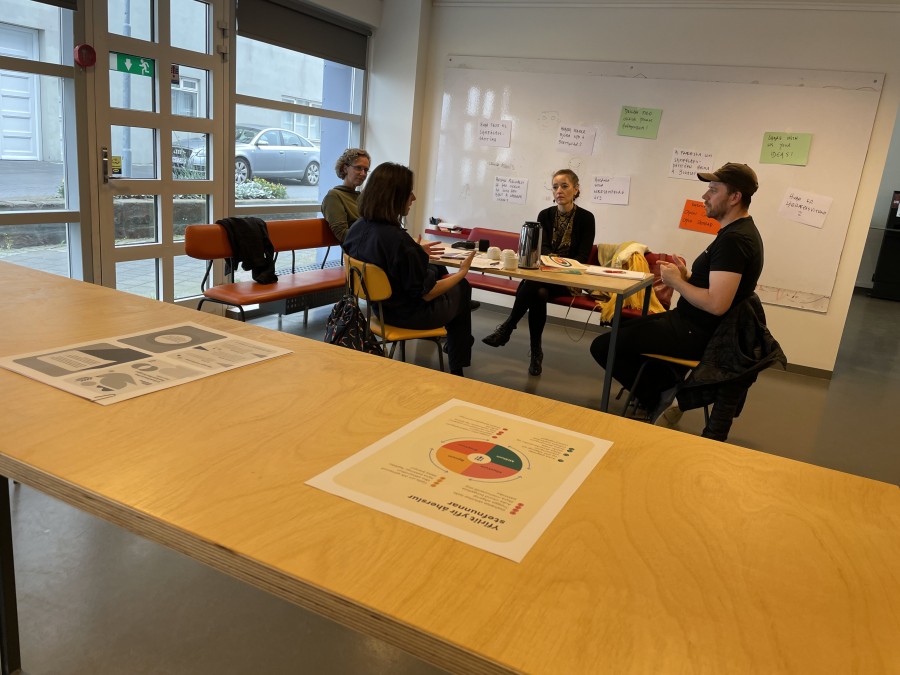
Democracy needs visibility, access and changeability | Opið samtal
What elements are needed in a squere to count as a democratic venue? What are the key elements of our favorite public spaces? Why do some places have meaning in our lives and others are non-places? What does it take to make a irrelevant space that matters to us – is of personal importance?
In the conversation in Torgið on 19th of August on the draft of Reykjavík´s new democracy policy, we discussed that if we want to feel at home in a place – to develop a feeling of belonging- we need to be able to influence our environment.
What is a safe space?
Páll Líndal, an expert in the field of environmental psychology, shared with us his thoughts on safe spaces: „It is like in our homes, to feel you belong some where, is directly related to the freedom to change and design the space as you want to have it.“Páll further mentioned that the value of the ability to influence our environment and create opportunities to change environmental settings to your own need is not only important from the democratic perspective but also the public health perspective. „We feel safer and our well being is enhanced wit we can make have an impact on our environment.“
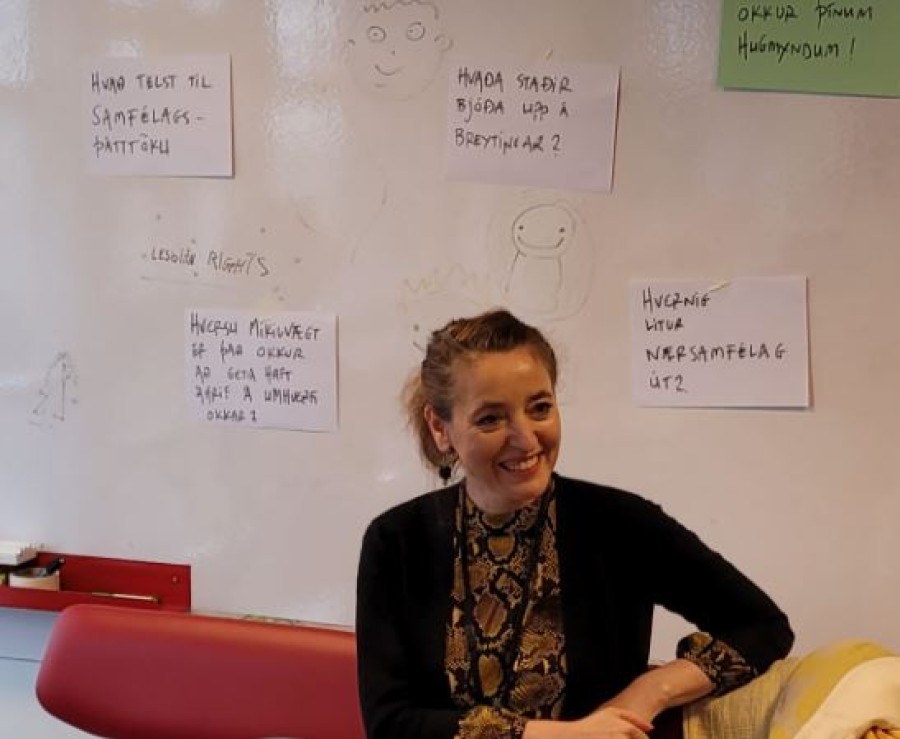
Roxana Cziker, project manager for developmental projects at Reykjavík city has looked into trust in governments and populism in democracy labs of the PaCE project. She emphasized the need to distinguish between wants and needs. “What are the needs of citizens and what do they want to change? Do your basic needs as individuals and as a democratic society match?” We discussed accessibility to basic rights and services and if they weigh more than popular ideas that do not take equity considerations into account. There is an emphasis on making Reykjavík a fun city, but we need to keep the focus on the user experience and how the city is meeting the needs of its citizens.
Access to reliable information is an issue high on Roxana´s mind. In the democracy labs of the PaCE project it showed this issue is of relevance across European states when we discuss trust in the government and public authorities. Without information we cannot take part in an informed discussion which supports a democratic society. All citizens should have access to citizenship education including the exercise of critical thinking.
Democratic venue in a physical world
In Torgið we discussed what characteristics a democratic venue, like a citizen´s square or other social spaces have in common. We have seen such spaces spring up in smaller communities in the country side, in places such as gas stations, local shops or even transformed car wash. On the website Betri Reykjavík everyone living in Reykjavík is invited to give their opinion on the new democracy policy. The participation is not great in numbers and we see a need to create a bridge between the digital and physical world. To get more participants the venue needs to be visible, accessible and invite people to change it. For a platform to be democratic it needs changeability and we need to have the chance to adjust it to our needs. A great example of such a development is the transformation of the car washing platform in Djúpivogur.
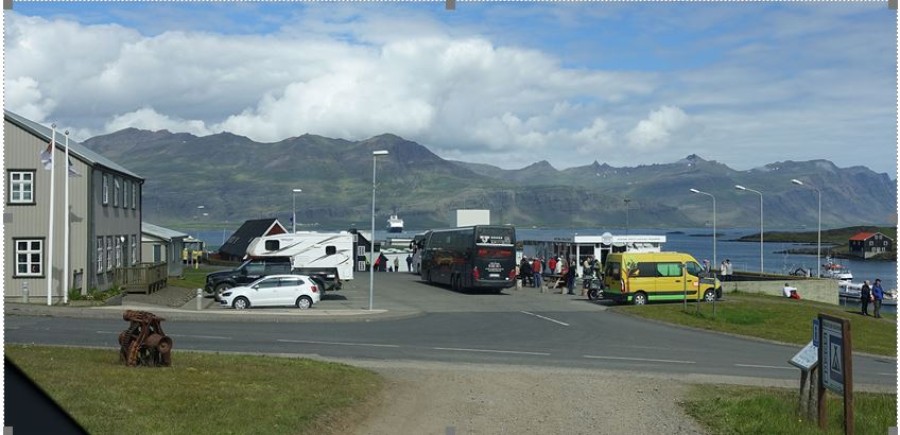
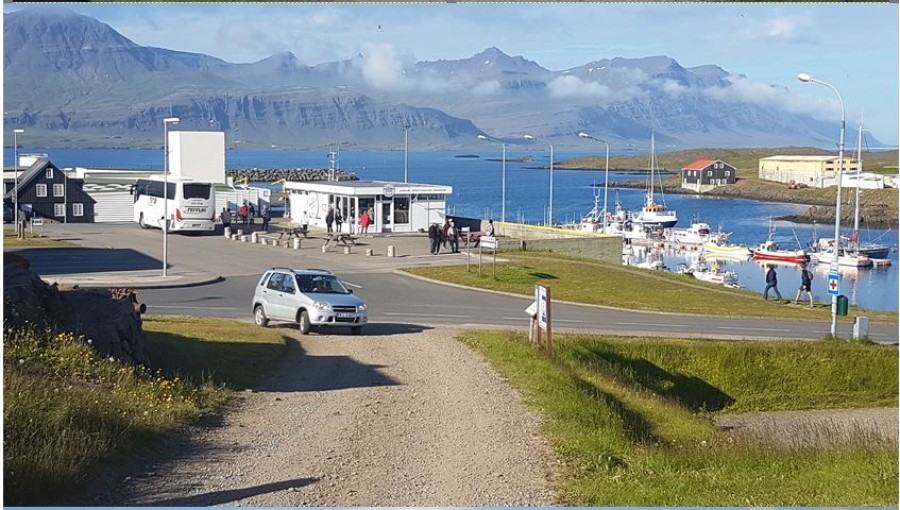
Every community needs a place dedicated to civic participation. This place needs to be of relevance in the everyday lives of the city´s citizens. To create this connection we need to make it our own and this takes time. Could the library be this place of democratic awareness where civic participation takes place?
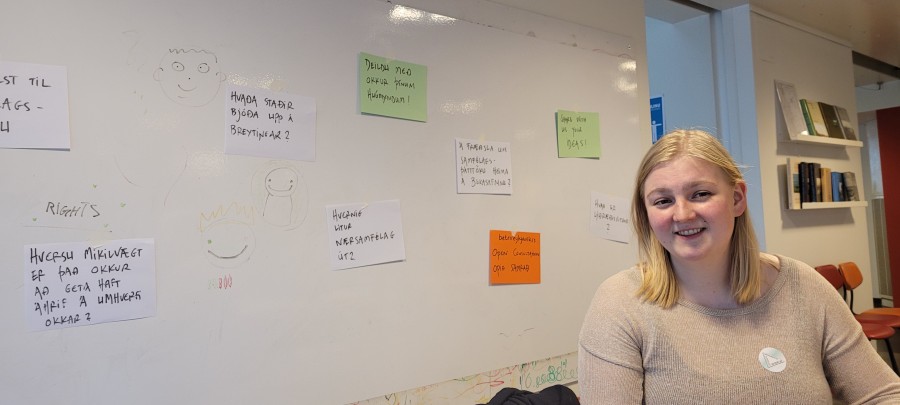
Tengivirkið – creating connections in an open space
One example of a project aiming to connect people and places is Tengivirkið. Hólmfríður María Bjarnadóttir organizes meet-ups of the project participants at the library. She came to Torgið after spending the afternoon in Kjarvalsstaðir with the project group. They had been exploring how contemporary artist interpret the cultural heritage experienced in the works of Kjarval.
The goal of the project Tengivirkið in Kringlan is to make it easier for young people, who have another native tongue than Icelandic (AM), to adapt to society, and help them build connections to the local community and each other. The group meets weekly in discussion groups and participates in an activity together. „We have e.g. already made a CV, learned a little Icelandic, and been to the movies, but this autumn we‘ll go to museums, play board games, make notebooks, get visits from interesting people and more.“ Hólmfríður explains and emphasizes that the programming was created with the participants.
The project is carried out in collaboration with the Laugardalur and Háaleiti Service Centers, but the discussion groups are only one part of a larger project led by the Service Center. This development project is part of the library's development as an open space, where we seek to get users involved in event planning and making the space their own.
